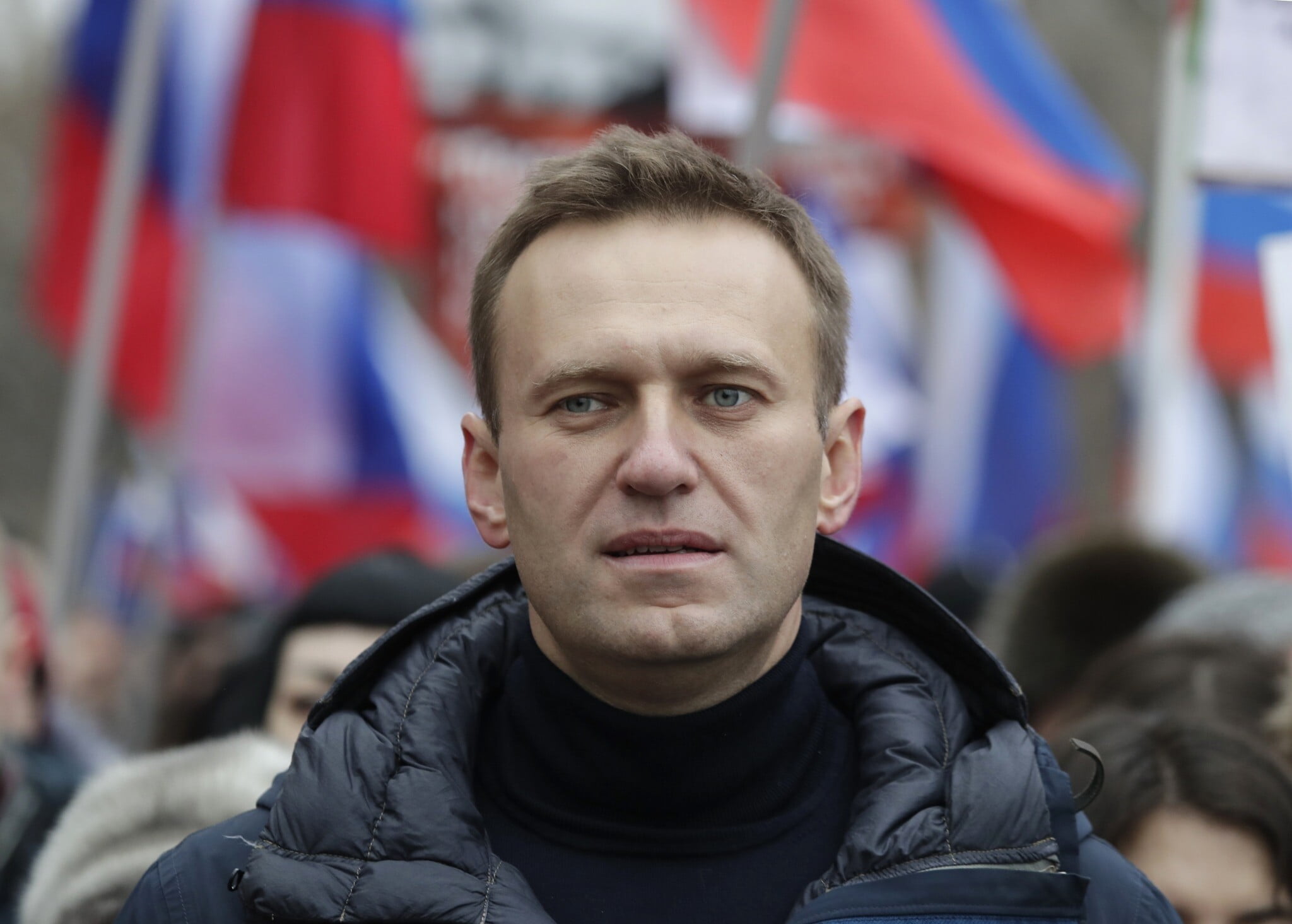Alexei Navalny, a prominent Russian opposition leader known for his unwavering stance against Vladimir Putin’s government, has tragically passed away in prison at the age of 47. His death on February 16, 2024, has sparked international outcry and renewed scrutiny of Russia’s human rights record.
Alexei Navalny rose to prominence as a vocal critic of Putin’s regime, leveraging social media and investigative journalism to expose corruption and advocate for political reform. Despite facing numerous arrests, physical attacks, and legal persecution, he remained resolute in his pursuit of democracy and accountability in Russia.
Born on June 4, 1976, in Butyn, a small town near Moscow, Navalny initially pursued a career in law before transitioning to activism. He gained widespread recognition for his blog posts and videos exposing corruption among Russian officials, earning him the nickname “the man who terrifies Putin.”
In 2011, Navalny played a pivotal role in organizing mass protests against electoral fraud in Russia’s parliamentary elections. His leadership and charisma galvanized a new generation of activists and dissidents, posing a significant challenge to Putin’s grip on power.
However, Alexei Navalny’s political ambitions were met with fierce opposition from the Kremlin. In 2013, he was convicted of embezzlement in a widely criticized trial, which many viewed as politically motivated. Despite his conviction, Navalny continued his activism from behind bars, advocating for fair elections and denouncing government corruption.
In August 2020, Alexei Navalny fell critically ill during a flight from Siberia to Moscow, prompting an emergency landing in Omsk. He was subsequently airlifted to Germany, where doctors determined that he had been poisoned with a nerve agent from the Novichok group. The assassination attempt, widely believed to be orchestrated by the Russian state, drew condemnation from world leaders and triggered sanctions against Russian officials.
Despite the assassination attempt, Navalny remained undeterred in his fight against Putin’s regime. Upon his recovery, he returned to Russia in January 2021, where he was immediately arrested for violating parole terms related to his previous conviction. His arrest sparked nationwide protests, with thousands taking to the streets to demand his release and denounce government repression.
Navalny’s imprisonment drew international condemnation, with world leaders, human rights organizations, and activists calling for his immediate release. However, Russian authorities remained steadfast in their crackdown on dissent, labeling Navalny and his supporters as “extremists” and “foreign agents.”
On February 15, 2024, Navalny’s death was announced by Russian prison authorities, who claimed he had suffered a heart attack. However, his supporters and family members have rejected the official explanation, alleging foul play and demanding an independent investigation into his death.
Navalny’s passing has reignited debate over Russia’s human rights record and the Kremlin’s treatment of political prisoners. World leaders have condemned his death as a blatant disregard for human rights and democratic principles, with calls for accountability and justice echoing across the globe.
As Russia mourns the loss of one of its most prominent opposition figures, Navalny’s legacy as a fearless champion of democracy and justice will endure. His courage, determination, and unwavering commitment to freedom will continue to inspire generations of activists and dissidents around the world, ensuring that his voice will never be silenced in the fight against tyranny and oppression.

